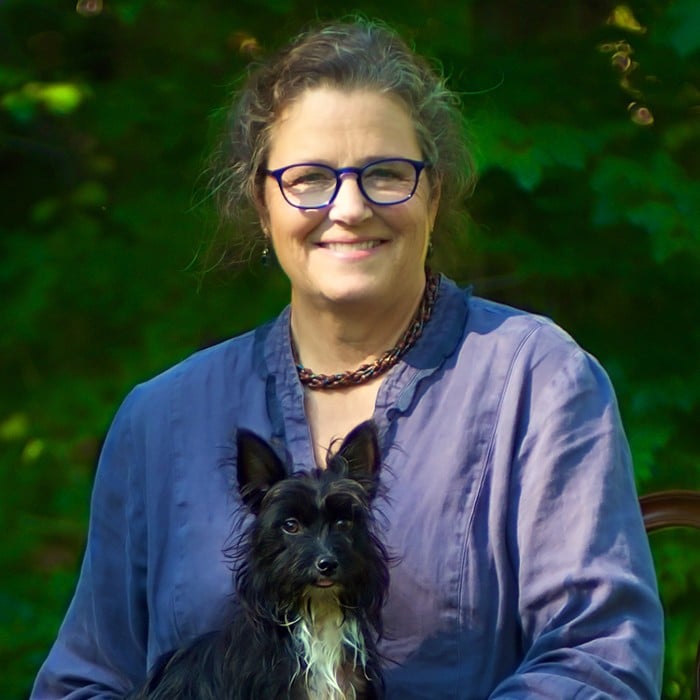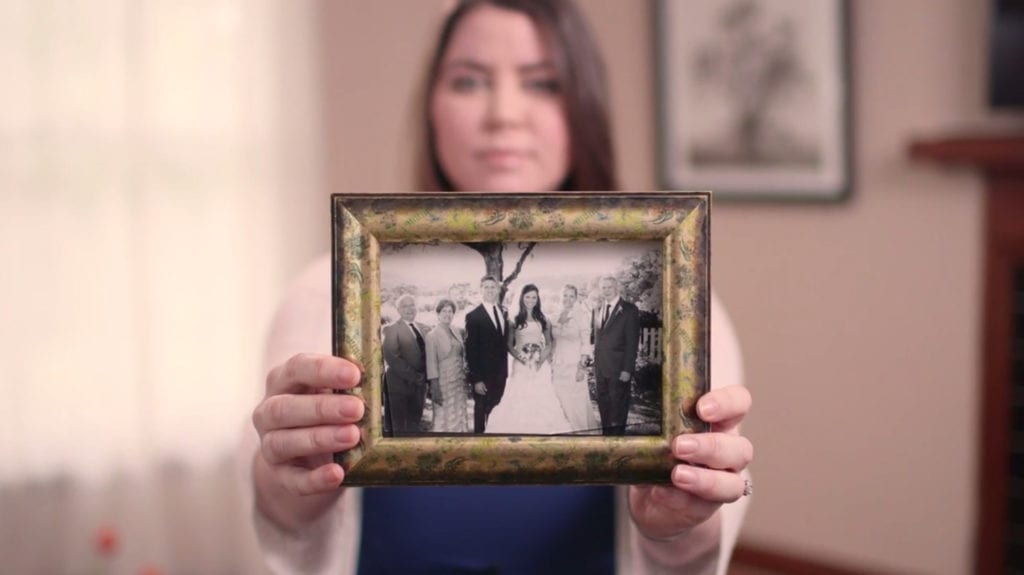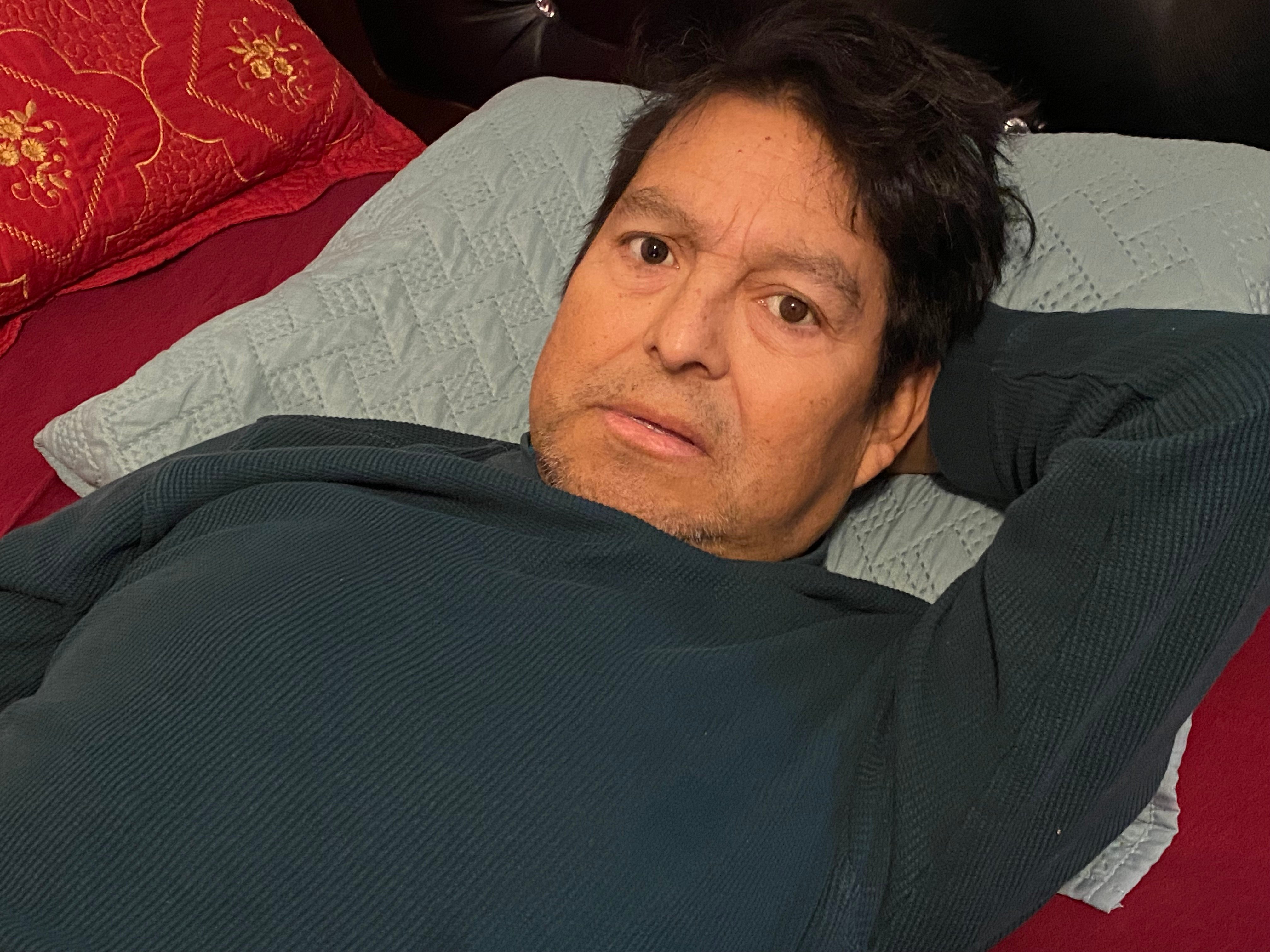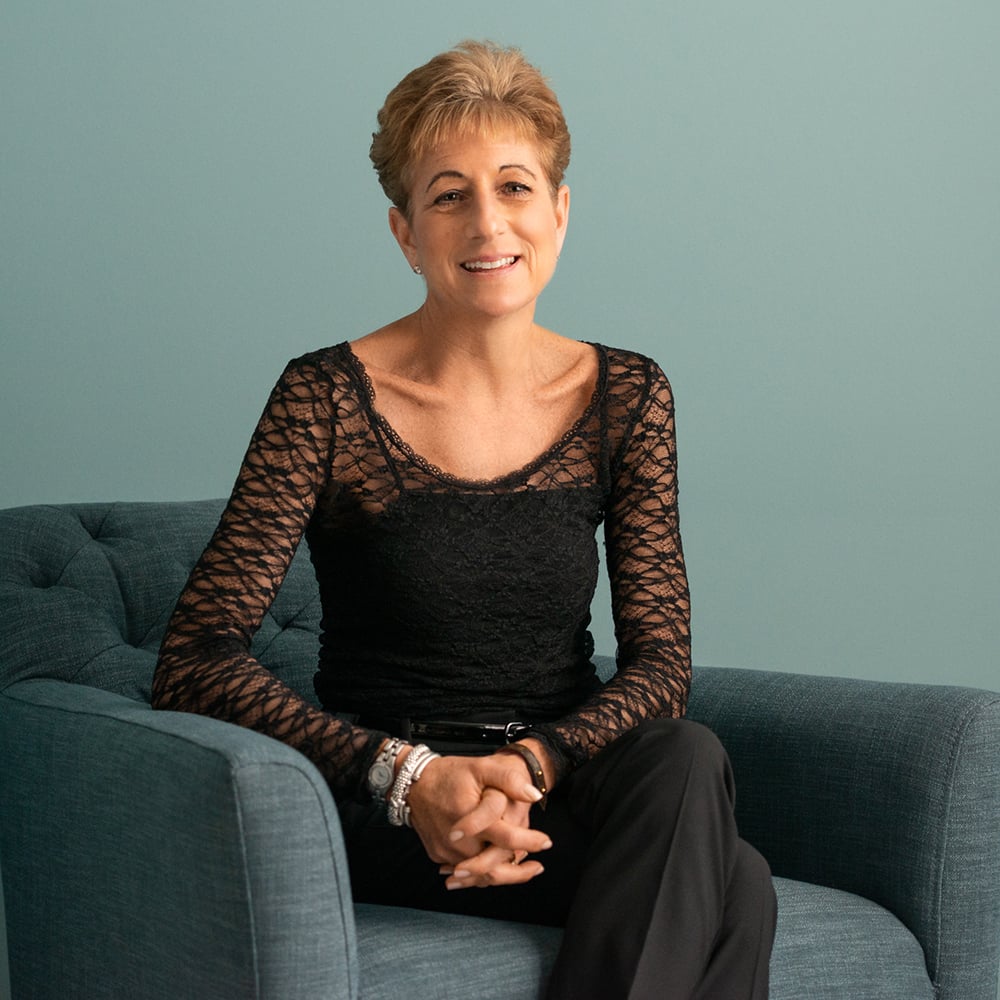DeeDee shared her story in November of 2021.
If you believe that terminally ill residents in Minnesota should not have to suffer like DeeDee's mother did, add your name here.
When I was 27 years old, I watched my mother suffer and die from ovarian cancer. Forty years later, in March 2020, I learned I had the same disease.
I knew right away that I didn’t want to face the same fate as my mother. She was a vivacious, funny woman, warm and inclusive. She started a blood bank at a nearby hospital, did a ton of volunteer work, and played tennis almost every day. But her death was horrible. During the last eight weeks of her life, she was in and out of the hospital, in agony, desperate for her pain to end, and there was nothing we could do to help her.
My mother’s suffering was my first eye-opener about how so often death isn’t handled well in our healthcare systems. That’s why when I received my own diagnosis of metastatic ovarian cancer, I initially thought, “Oh God, I’ve got to move to another state where medical aid in dying is available.” I didn’t want to spend months dying slowly and painfully. I didn’t want to put my children through the nightmare my sisters and I had gone through. But I can’t even imagine what that would be like, having to move. I have my house and my pets and my family here in Minnesota.
Luckily, cancer treatment has come a long way since 1980. After my surgeon informed me of my treatment options, I went home, did some research, and realized that if both chemotherapy and surgery worked, I could get more time, possibly even have a full life.
I started with six months of chemo, followed by major abdominal surgery and another three-month course of chemo that concluded in December 2020. Today, I’m very grateful that there’s no sign of cancer. But with ovarian cancer, the odds are relatively high that it will recur. My doctor has said that most women with an ovarian cancer diagnosis like mine die within five years. On the other hand, I know some women who have had the cancer return, successfully treated it, and gone on to live for many years.
Regardless of what happens, I want the option of medical aid in dying to be available in my home state so no one, including myself, has to endure unnecessary suffering like my mother did. We have a right to make our own end-of-life care decisions if we’re facing a terminal disease and are mentally capable of making that decision. We make choices about so many other parts of our lives, and this is the last and biggest choice we’ll make.






